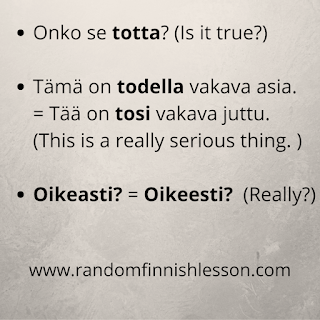Uni is the dream that you have in the night when you sleep.
(The bad translations in the parenthesis are there to point out the structure of the expression.)
- Näitkö sinä pahaa unta? - Did you have a nightmare? (Did you see some bad dream?)
- Minä en saanut unta viime yönä. - I didn't get any sleep last night.
- Kauniita unia! - Beautiful dreams! (Sleep well is Nuku hyvin.)
- Minä menen päiväunille. - I'm going to take a nap. (To daydream is haaveilla or unelmoida.)
- Älä unta näe! - Dream on! In your dreams! (Don't see a dream.)
Unelma is a dream, a wish.
- Mitä unelmia sinulla on? - What are your dreams? (Which dreams do you have?)
- Mikä sun unelma-ammatti on? - What's your dream job?
- Elän unelmaani! - I'm living my dream!
- Suomi, unelmieni maa! - Finland, the land of my dreams!

